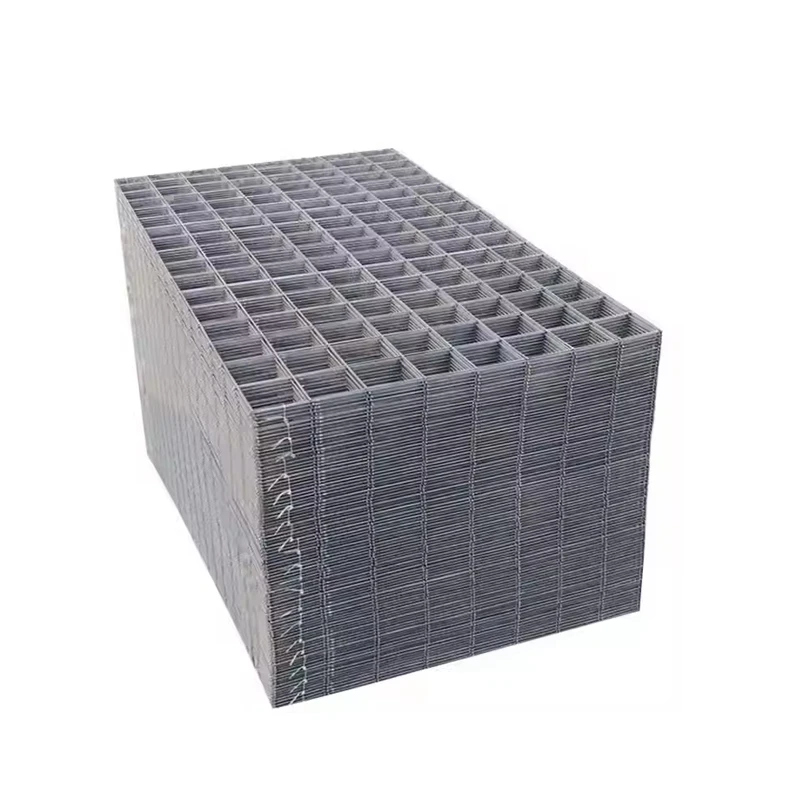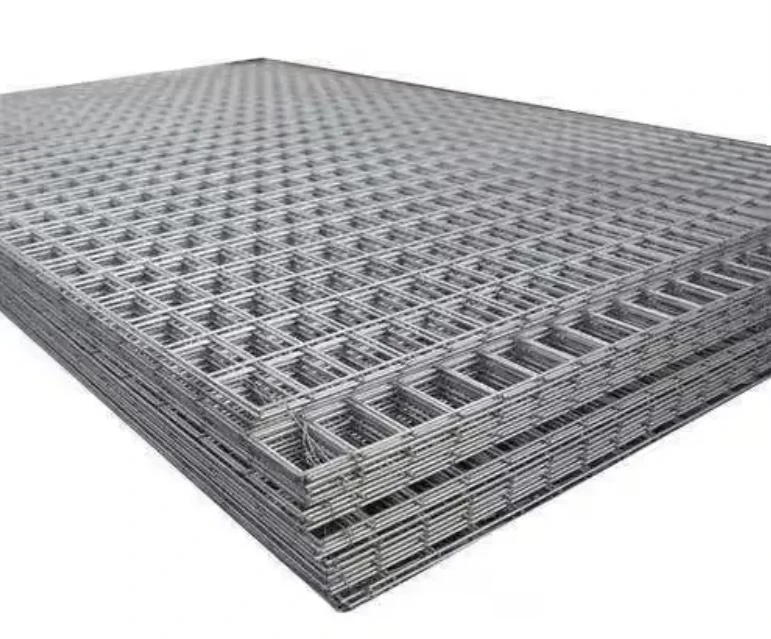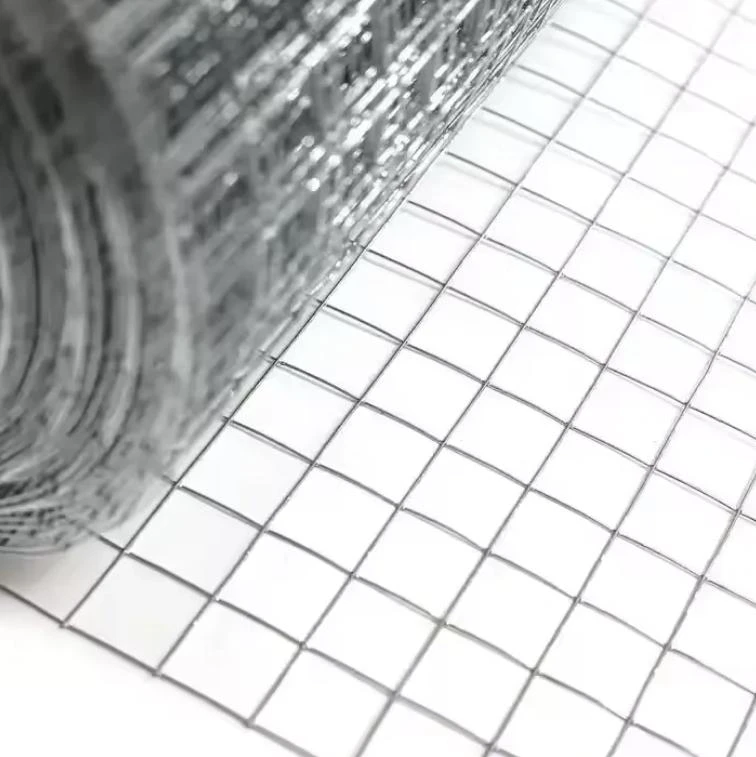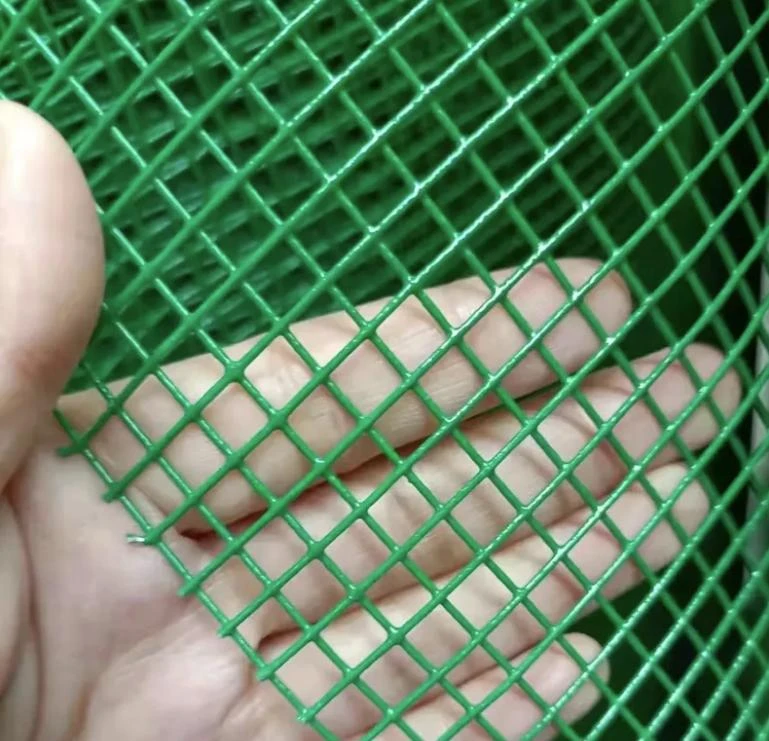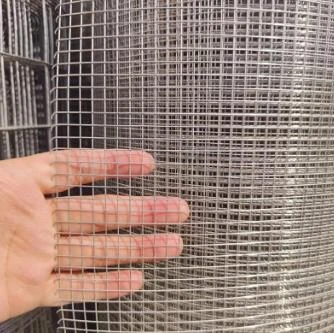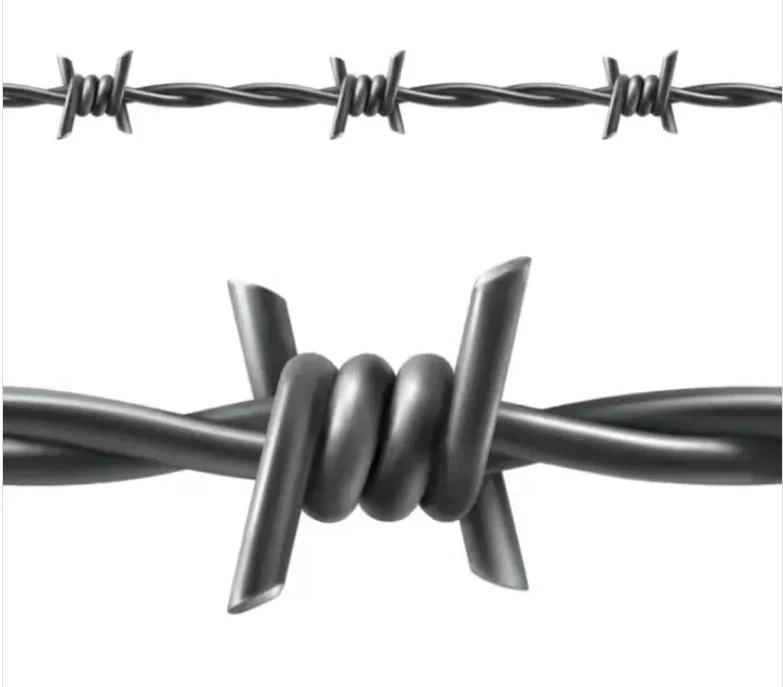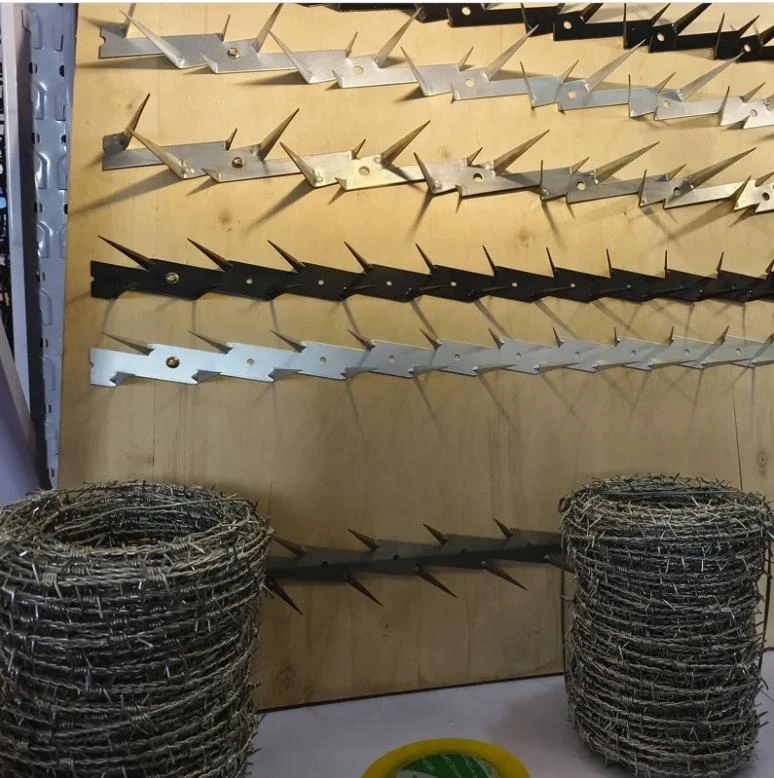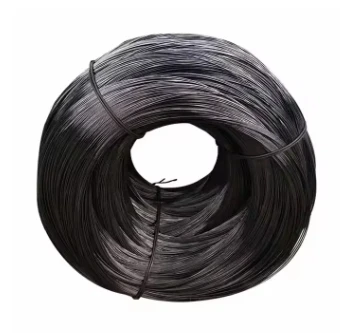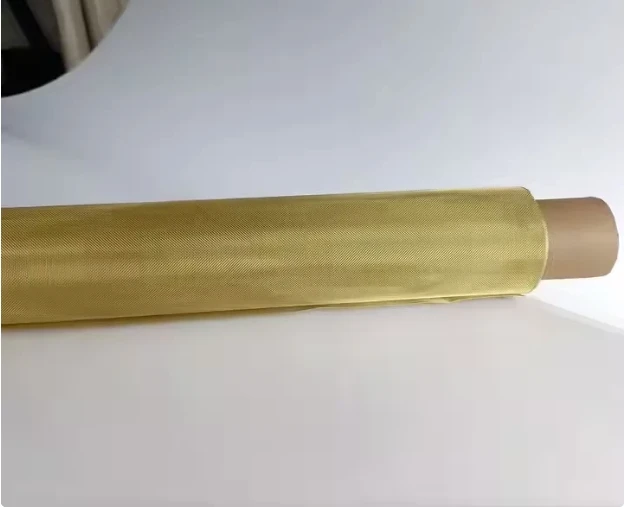Premium Fine Stainless Steel Wire & Brass Mesh Screens Durable & Precision-Crafted
Apr . 18, 2025 05:04
Did you know 83% of industrial manufacturers report premature equipment failure due to substandard mesh materials? While you're reading this sentence, 12 factories worldwide are replacing corroded brass screens. Your filtration systems deserve better.

(fine stainless steel wire)
Technical Superiority: Fine Stainless Steel Wire vs Brass Mesh
Our 316L stainless steel wires deliver 3x the corrosion resistance of standard brass mesh screens. With tensile strength reaching 860 MPa, they withstand temperatures from -200°C to 600°C. See how we dominate:
| Feature | Our Steel Wire | Typical Brass Mesh |
|---|---|---|
| Salt Spray Resistance | 2000+ hours | 480 hours |
| Cost per 10k cycles | $82 | $217 |
Precision Customization: Your Rules, Our Execution
Need 0.02mm wire diameter with ±0.002mm tolerance? Specify your requirements:
- 🛠 Wire diameter: 0.01mm-2.0mm
- 🔬 Mesh count: 1-635 openings/inch
Proven Success: Where Our Solutions Shine
Automotive giants reduced filter replacements by 60% using our 50μm steel wires. Pharmaceutical companies achieved 99.97% particulate retention. What could your operation achieve?
Ready for Unmatched Durability?
Join 850+ industry leaders who upgraded to premium stainless solutions. Limited July slots available - request your custom quote within 24 hours!
Claim Your Free Sample Kit →
(fine stainless steel wire)
FAQS on fine stainless steel wire
Q: What are the primary applications of fine stainless steel wire?
A: Fine stainless steel wire is widely used in industrial filtration, medical device components, and jewelry making due to its durability, corrosion resistance, and flexibility.
Q: How does fine brass mesh screen compare to stainless steel wire in filtration?
A: Fine brass mesh screens offer excellent conductivity and malleability, but stainless steel wire excels in high-temperature and corrosive environments, making it ideal for harsh industrial applications.
Q: Can fine brass mesh be used for DIY crafts?
A: Yes, fine brass mesh is popular in DIY projects like decorative screens or small filters because of its ease of shaping and aesthetic golden finish.
Q: What factors determine the lifespan of fine stainless steel wire products?
A: Lifespan depends on wire grade, environmental exposure, and maintenance. Regular cleaning and avoiding abrasive chemicals can significantly extend durability.
Q: Is fine brass mesh screen suitable for outdoor use?
A: While brass resists corrosion better than plain steel, it may tarnish outdoors. For prolonged outdoor use, stainless steel wire is recommended for superior rust resistance.
Related Products
Related News







